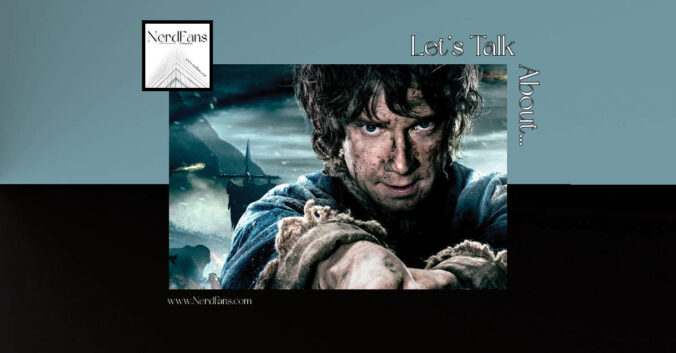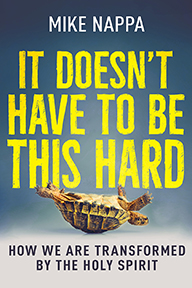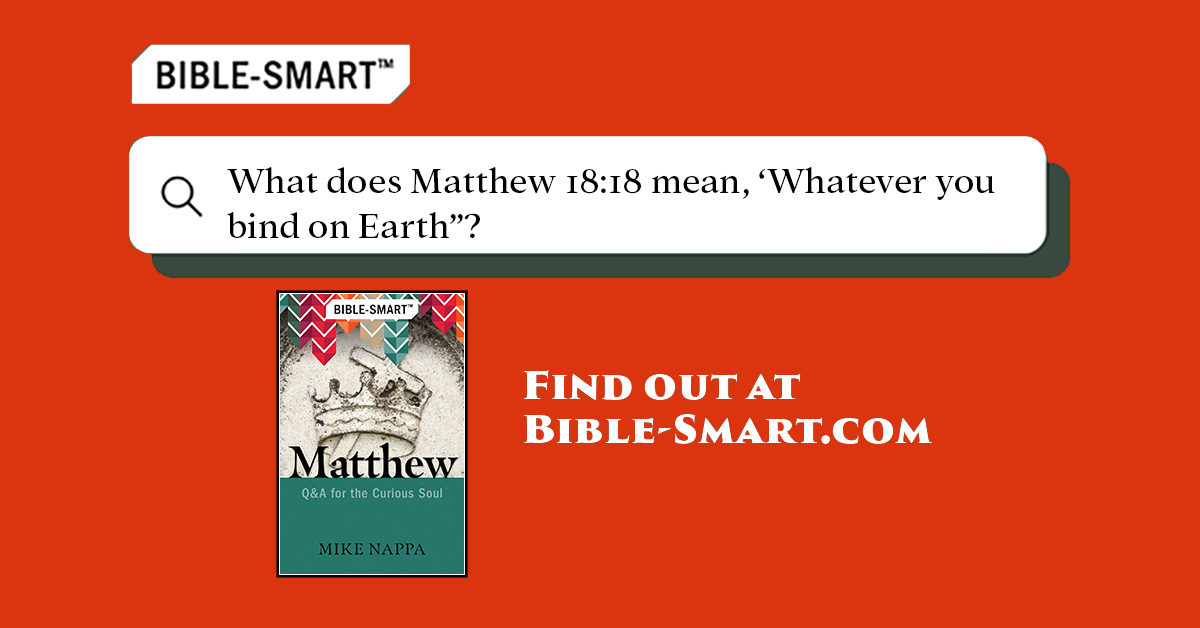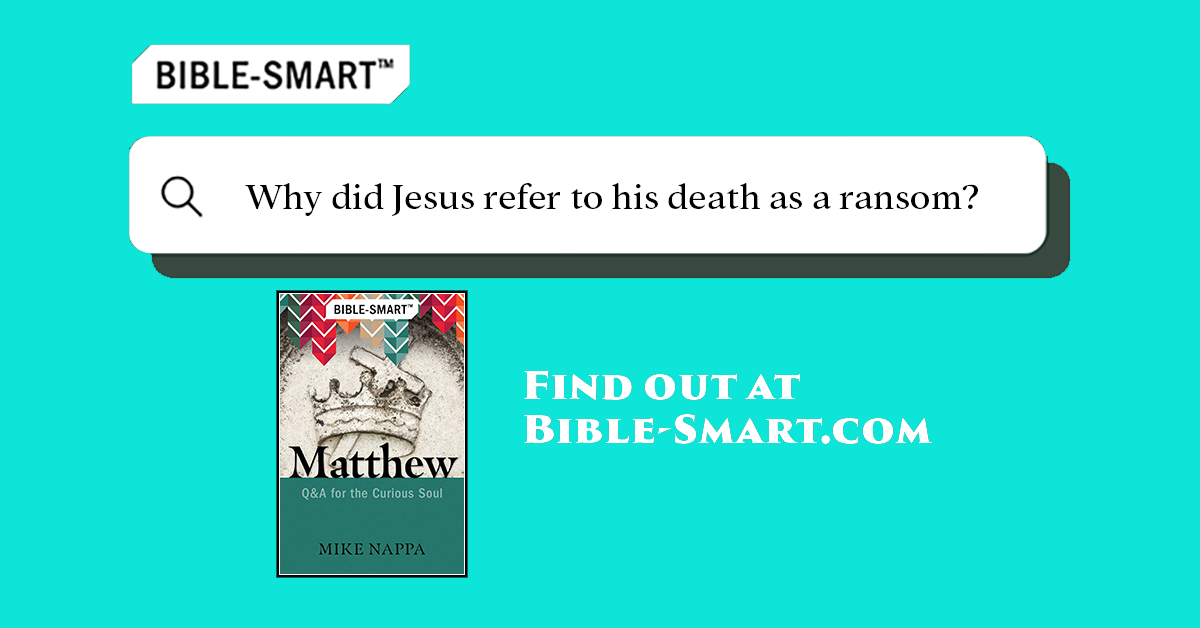|
Getting your Trinity Audio player ready...
|
Some Christian parents worry that the magical emphasis of The Hobbit is spiritually unhealthy for their kids, but Dr. Timothy Paul Jones sees something more.
Dr. Jones is a professor at the Southern Baptist Seminary and editor of the Journal of Discipleship and Family Ministry. He’s also a pop culture nerd and an expert on author J.R.R. Tolkien. Here 7 faith secrets he shares about taking kids to see The Hobbit films:
1. The Hobbit Symbolizes God’s Redemptive Plan.
“The best aspect of fantasy books and films like The Hobbit,” says Dr. Timothy Paul Jones, “is how they echo God’s work of redemption – even when they don’t intend to do so. They admit the reality of a cosmos that groans for that moment when evil is defeated and the fallen are redeemed. They hinge on a sacrificial hero who becomes a substitute for unworthy creatures. They reveal an inescapable awareness of our need for a Savior.”
2. The Hobbit is Not Exactly Family Fare.
The original version of The Hobbit was published in 1937 – in an era with different literary standards and no movie ratings. Thus Dr. Jones advises that Tolkien’s text includes a lot of wizardry, a bit of burglary, a couple of quite violent conflicts, and plenty of puffing on pipe-weed. Not exactly today’s family fare, but: “The Hobbit films are likely to provide foundations for fruitful family discussions about magic and morals, wealth and war, and more.”
3. The Hobbit is Fundamentally Religious.
“Tolkien described his Lord of the Rings trilogy as: ‘A fundamentally religious work, unconsciously so at first, but consciously in the revision. The religious element is absorbed into the story and the symbolism.’ This is no less true of The Hobbit. Although the work is certainly no allegory – Tolkien despised allegories – the characters are deeply symbolic, representing humanity’s deep sense of exile as well as our struggle not to center our lives on the pursuit of earthly wealth or power.”
4. The Hobbit is also Fundamentally Violent.
“It’s quite likely that a faithful adaptation of the Battle of Five Armies, near the end of The Hobbit, may be inappropriate for children,” Jones advises. “But considered in light of Scripture, the question is not simply, ‘How much violence is there?’ but ‘Does the violence have a purpose?’ The way violence is presented in a film is far more important than the degree of the violence. Does it show the horrific cost of sin and evil? Or is it intended simply to entertain? Flippant violence, presented without consequences, leads to desensitization and potential imitation.”
5. The Hobbit Lionizes Bad Role Models.
One parental complaint about The Hobbit is that its hero, Bilbo Baggins, is not a positive Christian role model. In response, Dr. Jones says, “As for Bilbo’s character, yes, he’s a burglar and a bit of a trickster, much like Jacob in the book of Genesis. But that’s precisely the point: The hobbit becomes a hero not because his ethics or efforts are so pristine but because a greater power has chosen to work through him. This benevolent providence that works in spite of Bilbo’s character is made clear as prophecies are fulfilled in Bilbo’s adventure.”
6. The Hobbit Redeems Bad Role Models.
“At the same time,” Jones continues, “though Bilbo struggles at times with a touch of Tookishness, yearning for wealth and adventure, in the end, he shows mercy to the evil creature Gollum and seeks peace instead of personal gain. When the dwarves’ greed threatens war, Bilbo gives away a particularly precious stone in an attempt to bring elves, men, and dwarves together. In the end, Bilbo’s redemptive actions cause the dwarven leader to admit that “if more of us valued food and cheer and song above hoarded gold, it would be a merrier world.”
The Hobbit Deserves Your Parental Involvement.
“Despite The Hobbit’s origins in a Christian worldview, a blanket endorsement is undeserved – and I’d say that about any work of popular art and culture. Such endorsements can unintentionally provide parents with the false idea that they can place this book or movie or digital download in front of their children without having to engage in critique or conversation about it.
“We have the God-given privilege of shaping our children’s worldview – and that includes discussing the media that is influencing their thoughts. This responsibility applies to any pop culture phenomenon – even The Hobbit.”
Note: All product-related graphics in this article are standard publicity/promotional shots and are owned by their respective publisher.









